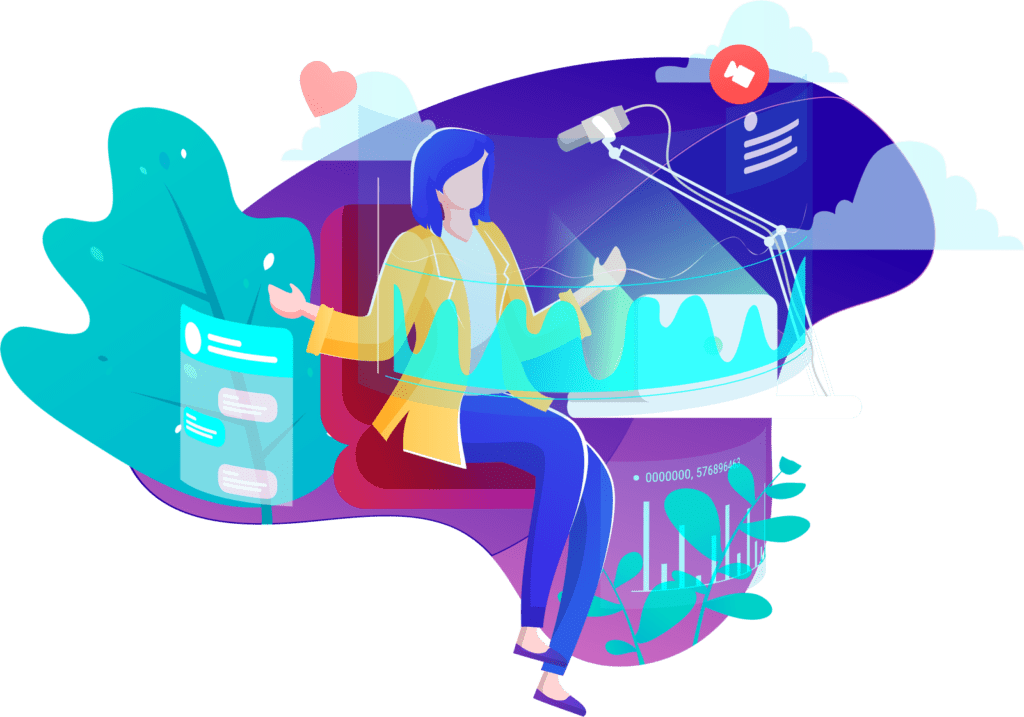When I first worked in radio in the early 1990s, producers like me dreamed of a “VCR for audio.” At public radio conferences, we’d present panels about “driveway moments,” the songs or shows so good you couldn’t bear to stop listening—so you end up sitting in your car (in your driveway), or in your home with your headphones still on until the end of the show.
Even though the iPod wasn’t the first MP3 player on the market, it was the first one that broke through the technology clutter for a mainstream audience. The 3rd generation iPod shipped with USB support in 2003, but its companion syncing apps enabled third-party tools to “catch” new audio from RSS feeds and drop them onto players via custom playlists.
We take this for granted now, but if you wanted to listen to the handful of early podcasts from hosts like Adam Curry, Christopher Lydon, or Dawn and Drew, you had to run a separate program (like iPodderX or Lemon) to catch new episodes BEFORE running iTunes and syncing your device.
Two years later, Apple integrated podcast directories and subscriptions directly into iTunes. By that time, journalists and enthusiasts had already been informally calling these independent audio shows “podcasts.” The name stuck, even though Apple discontinued most iPod models by 2017. (As of this article’s release, only the iPod touch remains in their product lineup.)
Still, it’s important to differentiate the role that “podcasting” plays in audiences’ lives compared to traditional “broadcasting.” By definition, broadcasting involves transmitting the same information in real time to as large of an audience as possible. While many traditional radio producers have shifted seamlessly into the podcasting space, the narrowband nature of podcasting makes room for many more diverse voices that wouldn’t have found home on terrestrial radio even ten years ago.
With podcast audiences growing year-over-year, expectations for the format have grown, too. While the first decade of podcasting was marked by hobbyist sensibilities and production values, audiences expect today’s shows to sound as polished as what you’ll hear on professional talk radio. That’s a big reason why my team and I launched Podcast Taxi. We don’t want any of our clients’ ideas to get written off for sounding amateur. Contact us today for a free consultation, and we’ll share how we think we can help.

